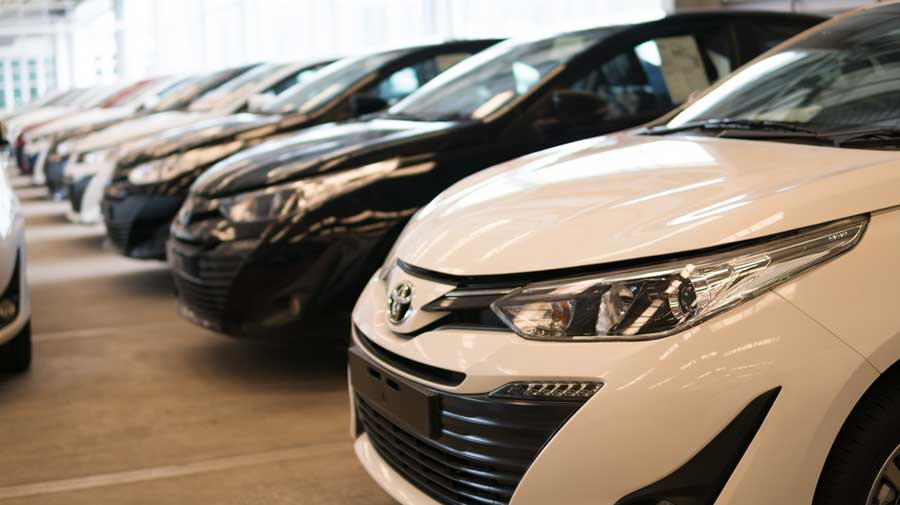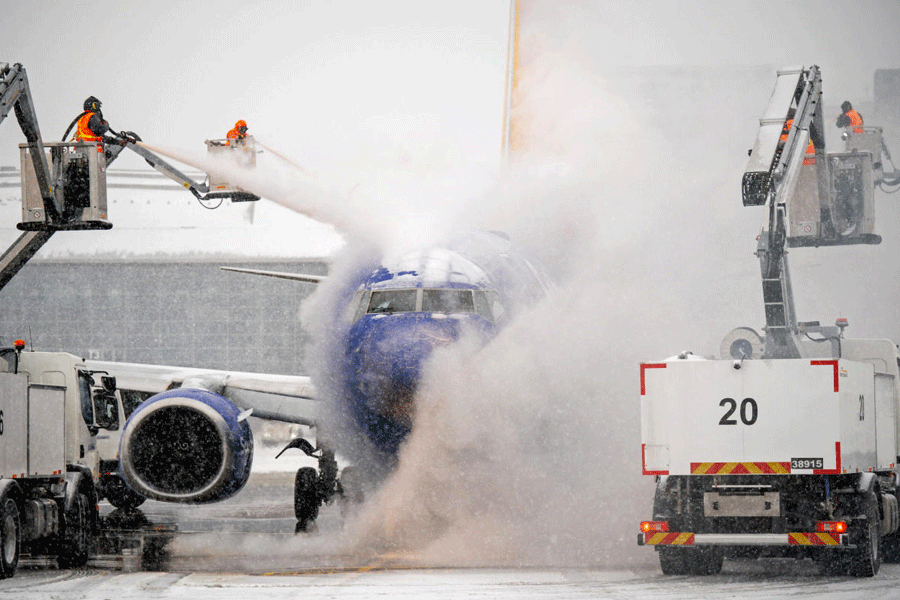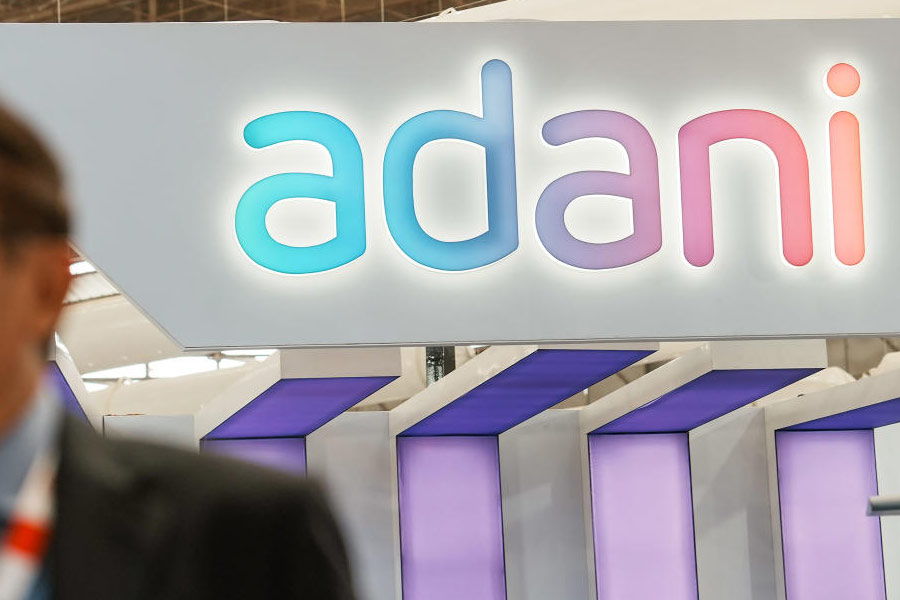Credit rating agency Icra has forecast a high 22-25 per cent growth for the auto industry in the next fiscal against a contraction in the last fiscal, though the resurgence of the pandemic may prove to be a hurdle.
The growth will be propelled not only by a low base in the first quarter of last year but also by an expected pick-up in economic activity, improved consumer sentiment and a resilient rural economy which has been less impacted by the pandemic.
Icra said the shift towards personal mobility from public transport during the pandemic will help the sector, with the SUV segment taking the lead.
Inspite of the high growth forecast, capital accumulated growth rate for the five years from 2019 to 2024 will be just 3-4 per cent.
When asked if the industry will cross the earlier peak in sales of 2018-19, Icra vice-president Ashish Madani said: “The V-shaped economic recovery has boosted consumer sentiments from the lows of the June 21 quarter even though it still remains lower than previous (2019) levels.
“Consumer sentiments are one of the key indicators for non-discretionary purchases such as cars and luxury goods. Demand has remained strong post the festive seasons as both retail and wholesale dispatches witnessed recovery,” he said.
The industry posted record volumes in the second half of last fiscal driven by inventory restocking and pent-up demand. Besides, the amount of discounts fell as the demand situation improved.
The long-term industry growth drivers such as a relatively low penetration, weak public transport infrastructure, high financing penetration and favourable demographics remain, Madani said.
He warned that sales may be affected by high fuel prices and rising prices in general, which tend to inhibit first-time buyers. Supply chain disruption could impact production volume as well as a steady increase in vehicle prices.











